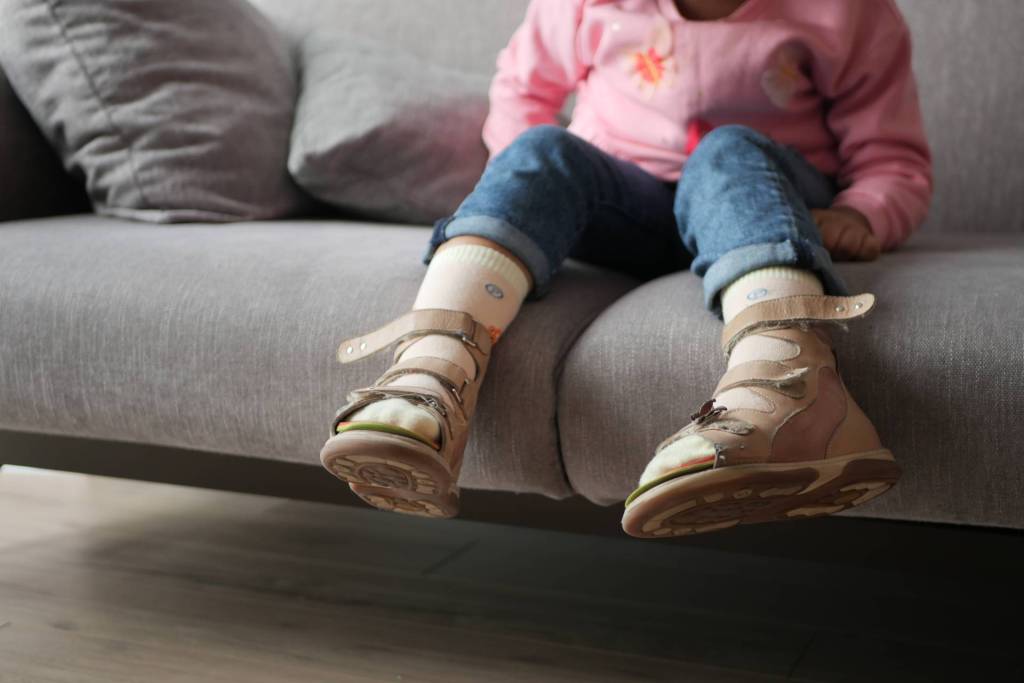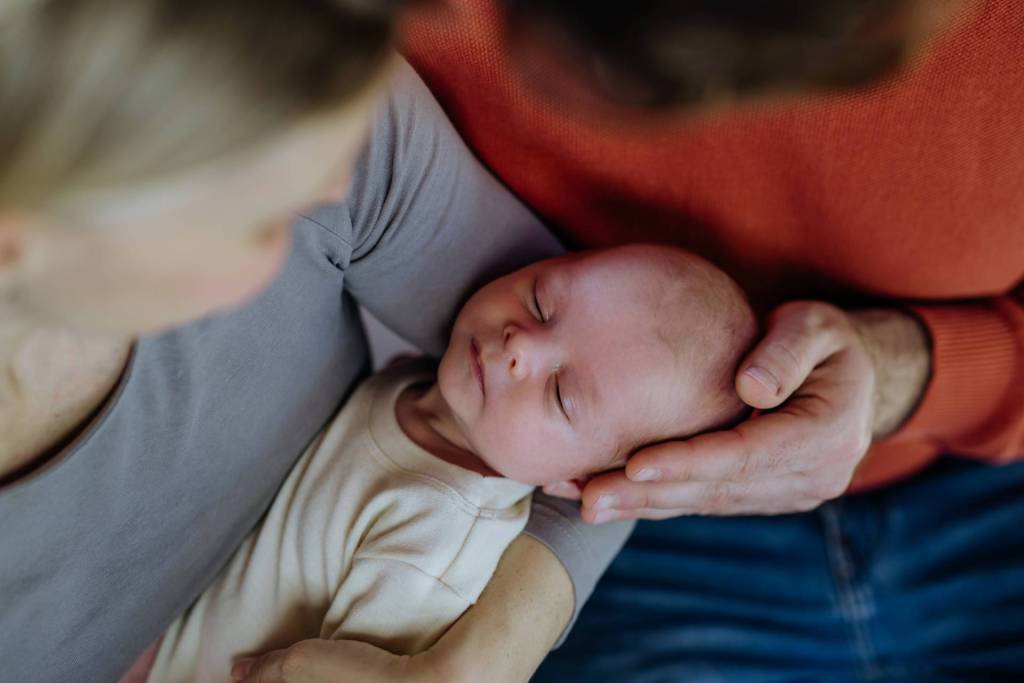Church responsible for abuse by priests
In John Doe v. Bennett the Supreme Court of Canada considered whether the Catholic Church was vicariously liable for the sexual misconduct of one of its priest’s. The case involved sexual abuse against a number of young boys by a parish priest, Bennett, in a Roman Catholic Diocese in Newfoundland. Bennett admitted to using various means; including money, alcohol and intimidation to sexually abuse his victims. All of the abuse occurred while Bennett was employed as a parish priest.
The Supreme Court of Canada overruled an earlier decision from the Nova Scotia Court of Appeal that said that a Diocese was not responsible for sexual abuse by a priest. The Supreme Court of Canada held that the Catholic Church was responsible (the legal term is vicariously liable) for the priest’s sexual abuse because:
- The Bishop provided Bennett with the opportunity to abuse his power, and Canon 528 of the Code of Canon Law of the Roman Catholic Church directs a parish priest “to have a special care for the catholic education of children and young people”;
- Bennett’s wrongful acts were strongly related to the “psychological intimacy” inherent in his role as priest”;
- The Bishop conferred an enormous degree of power on Bennett relative to his victims.
The Supreme Court of Canada noted that the power imbalance between the priest and the children that he abused was intensified in the diocese involved, due to a number of factors, including its geographic isolation, the fact that the communities in the diocese were devoutly Roman Catholic, and that there were few authority figures other than Bennett, the parish priest.
Since the Doe v. bennet decision it is clear that Catholic Dioceses are legally responsible for paying compensation to anyone sexually abused by any priest employed by the Diocese.
The Secret Archives of the Catholic Church
Proving that sexual abuse by Catholic Priests actually happened is sometimes made more difficult because of the institutional secrecy of the Catholic Church.
The Code of Canon Law is the fundamental legal document of the Roman Catholic Church. It codifies the rules, procedures, duties and obligations of the Catholic Church and its members.
The Code of Canon Law requires each Diocese to maintain a “secret archive” documenting any criminal misconduct by priests. The Canon governing the secret achieve requires that records be destroyed when the priest that committed the misconduct dies.
The relevant sections of the Code of Canon Law (1983) are as follows:
- Canon 1717(1)
Whenever the Ordinary receives information, which has at least the semblance of truth, about an offence, he is to inquire carefully, either personally or through some suitable person, about the facts and circumstances, and about the imputability of the offence, unless this inquiry would appear to be entirely superfluous. - Canon 1719
The acts of the investigation, the decrees of the Ordinary by which the investigation was opened and closed, and all those matters which preceded the investigation, are to be kept in the secret curial archive, unless they are necessary for the penal process. - Canon 489
(1) In the diocesan curia there is also to be a secret archive, or at least in the ordinary archive there is to be a safe or cabinet, which is securely closed and bolted and which cannot be removed. In this archive documents which are to be kept under secrecy are to be most carefully guarded.
(2) Each year documents of criminal cases concerning moral matters are to be destroyed whenever the guilty parties have died, or ten years have elapsed since the condemnatory sentence concluded the affair. A short summary of the facts is to be kept, together with the text of the definitive judgement. - Canon 490
(1) Only the Bishop is to have the key of the secret archive.
What these rules mean is that a Catholic priest may be found guilty of sexual abuse by the church, but the church may deny the existence of any record of the abuse, because of the requirement for secrecy.
Furthermore, if the priest abuser has died, Canon law requires that the Bishop destroy the evidence that the abuse even happened.

Here is some helpful information about How to Find the Best Trial Lawyer for Your Case.










